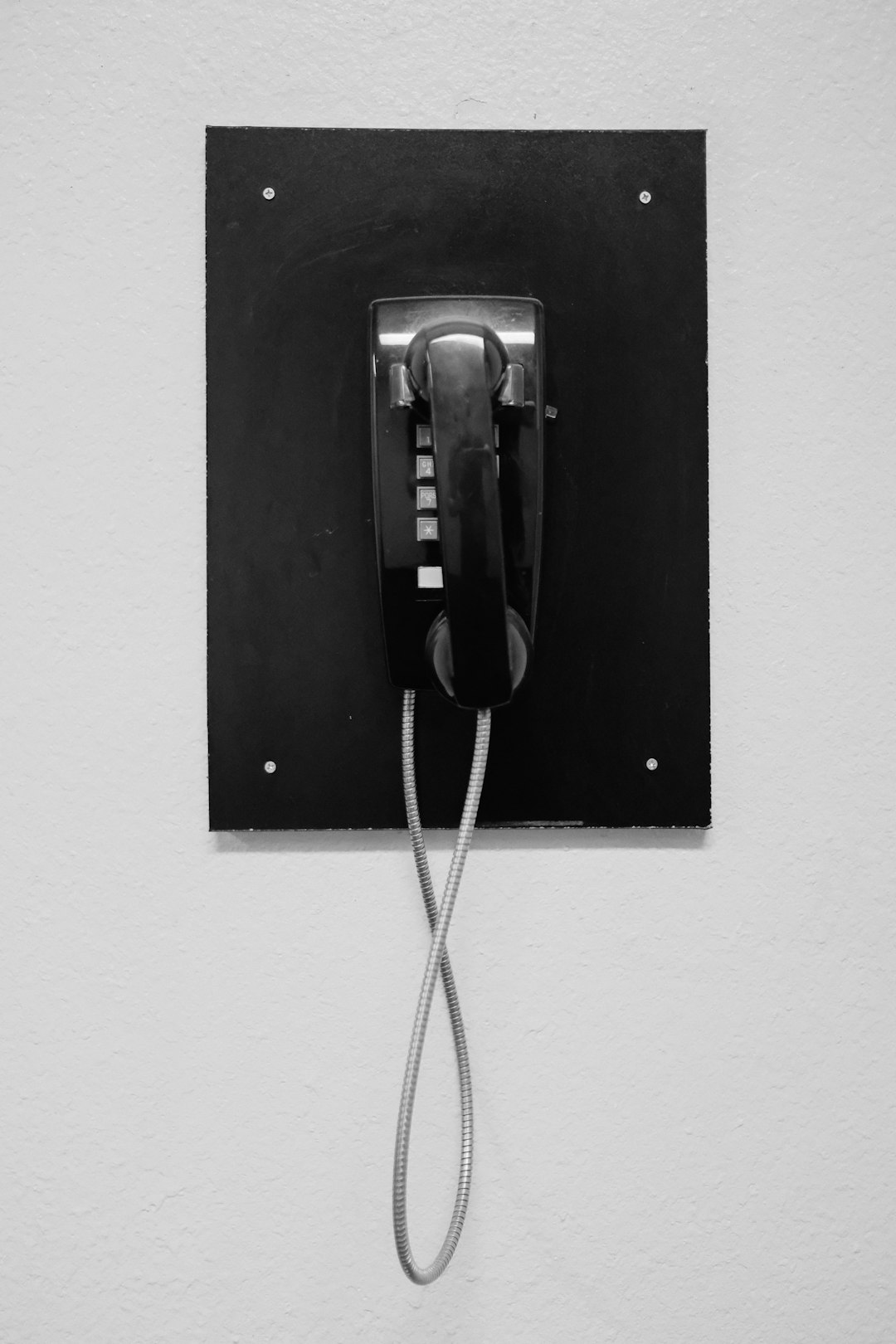In Montana, debt collectors operate within strict "Do Not Call" regulations, primarily governed by the Fair Debt Collection Practices Act (FDCPA). They must respect individuals' opt-out requests and avoid direct communication with law firms or attorneys regarding consumer debts. Strict rules include prohibiting excessive contact attempts, identifying themselves, and adhering to privacy standards, fostering better debtor relationships while protecting consumer rights. "Do not call law firms Montana" is a key rule ensuring ethical debt collection practices.
“In the realm of debt collection, understanding local regulations is paramount. This article explores Montana’s unique debt collector communication rules, specifically focusing on interactions with law firms. We’ll delve into the state’s ‘Do Not Call’ list and its implications for collectors. Additionally, we examine the legal framework governing when and how debt collectors can contact law firms in Montana. By adhering to these guidelines, debt collection practices can remain compliant while ensuring effective communication.”
Understanding Montana's Do Not Call List and Its Impact on Debt Collectors

In Montana, debt collectors are subject to a strict “Do Not Call” list, which significantly impacts their communication strategies. This list, established under the state’s Do Not Call Law, allows residents to opt-out of receiving telemarketing calls, including those from law firms dealing with debt collection. The impact is profound: debt collectors must obtain explicit consent before contacting individuals on this list, ensuring a more respectful and compliant approach to debt recovery in Montana.
This regulation not only protects residents from unwanted calls but also empowers them to take control of their communication preferences. For debt collectors, it means adapting their strategies to focus on targeted, permitted communications, fostering better relationships with debtors, and adhering to the law. By understanding and respecting this list, Montana’s debt collection industry can maintain a balance between effective collection practices and consumer privacy rights.
Legal Framework: When Can Debt Collectors Contact Law Firms in Montana?

In Montana, the legal framework surrounding debt collector communication is governed by both state and federal laws. Specifically, the Fair Debt Collection Practices Act (FDCPA) sets forth guidelines for how debt collectors can interact with consumers and, by extension, when they can contact law firms. While the FDCPA generally restricts calls to individuals, it allows for communications with attorneys representing debtors.
In Montana, debt collectors are permitted to reach out to law firms under specific conditions. They can do so if the law firm is known to represent the debtor or if the collector has reason to believe the person being contacted is a representative of the debtor. However, there are strict rules about when these calls should be made, such as respecting the individual’s privacy and prohibiting excessive contact attempts. Debt collectors in Montana must also ensure that they identify themselves and the purpose of their call, adhering to the ‘do not call’ laws that protect law firms—and by extension, their clients—from unwanted or harassing communication.
Communication Rules and Regulations for Debt Collection in Montana

In Montana, debt collectors must adhere to strict communication rules and regulations to ensure fair treatment for both debtors and creditors. One notable rule is the restriction on calling law firms or attorneys directly regarding consumer debts. This regulation aims to protect consumers from aggressive collection tactics and unnecessary legal complications.
Debt collectors in Montana are prohibited from using abusive, threatening, or coercive language when communicating with debtors. They must also provide clear and accurate information about the debt, including the amount owed, the name of the original creditor, and the rights of the debtor. Additionally, they are required to respect a debtor’s request to stop contacting them, known as the “Do Not Call” requirement, which can significantly enhance the collection process’s legality and effectiveness.
Best Practices for Debt Collectors to Comply with Montana Laws

Debt collectors operating in Montana must adhere to strict communication guidelines to ensure compliance with local laws. One of the most significant practices is refraining from calling law firms or attorneys directly regarding consumer debts. This rule is in place to protect consumers from aggressive collection tactics and potential legal repercussions. Instead, collectors should focus on direct communication with the debtors themselves, providing clear and concise information about the debt and the steps required for resolution.
Best practices also include maintaining accurate records of all communications, ensuring transparency and accountability throughout the process. Debt collectors should provide written validation of the debt to the consumer upon request, including details such as the original creditor, date of the last payment, and the current balance. Additionally, collectors must respect the debtor’s privacy and only contact them during reasonable hours, typically between 8 a.m. and 9 p.m., excluding weekends and holidays, as per Montana law.






